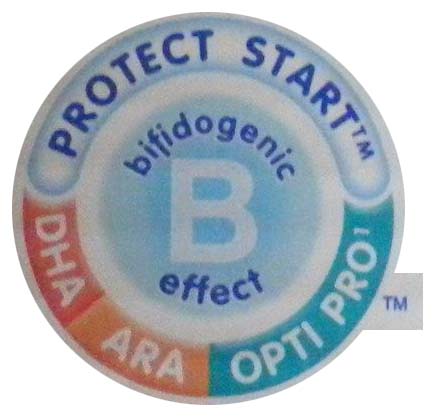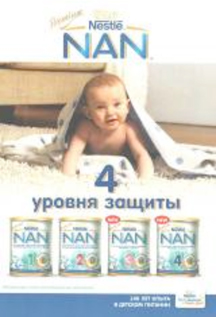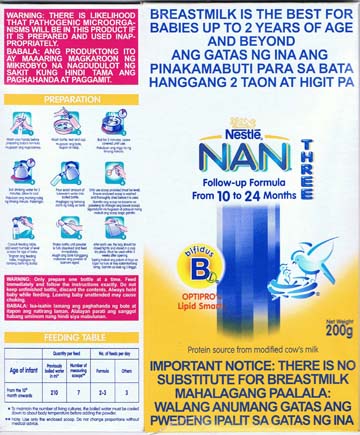URGENT ACTION 2013: Mothers and babies in the Philippines need your help again
Left: Gloria and Miguel at a protest to defend new baby milk marketing regulations in the Philippines in 2007. After Miguel became sick, Gloria realised she had been misled by baby milk promotion and decided to act to stop companies misleading other mothers. The regulations were successfully defended then, but they are under attack again in 2013.
The attack is led by Nestlé, together with Mead Johnson, Abbott and Fonterra. These companies put their own profits before infant health. Through the Department of Trade and Industry they are threatening members of congress by saying that the Philippines will lose US$400 million in investment if their draft law is not passed to remove the protection given by the existing Milk Code.
Please sign the petition on the AVAAZ site calling for legislators in the Philippines to protect mothers and babies from the baby food industry - click here.
According to the Philippines Department of Health 8,400 babies would be saved every year by optimal infant feeding practices. The regulations that came into effect in 2007 regulate the marketing of milks for babies and young children. They require clear warnings on labels about the protective effects of breastfeeding as specified by the Department of Health.
The Department of Health, the World Health Organisation and UNICEF have condemned a new draft law being pushed by the industry in the Congress, saying in a joint statement: "The draft House Bill... aims to support multinational companies while damaging the Filipino society: families, the mothers and children."
Further details below. We will keep updating this page as the situation develops and more information becomes available.
Ines Fernandez of the Save the Babies Coalition in the Philippines explains more.
Click to sign the petition (opens in a new window)
Update 24 August 2012: A coalition of parties in the Philippines is opposing the attack on the country's strong regulations. Click here to download the statement from the Makabayan Coalition with the call: "protect our future, protect our children".
Update 3 June 2012: President Aquino of the Philippines called on to defend mothers and babies from the baby food industry (but please keep signing and sharing the petition).
An international campaign successfully stopped the last attack on the regulations in 2006/07. We need your help again.
According to the World Health Organisation (WHO), 16,000 babies die in the Philippines every year due to inappropriate feeding. The regulations that came into effect in 2007 regulate the marketing of milks for babies and young children. They require clear warnings on labels about the protective effects of breastfeeding as specified by the Department of Health.
You can see these on the current Nestlé label below. The warnings will no longer be required if the industry law goes through. Powdered formula is not sterile and the labels warn of the risk of possible bacteria. Nestlé refuses to provide these warning in other countries or to bring its instructions into line with WHO guidance to reduce the risk to babies who have to be fed on formula.
The industry law even drops the requirement to translate the warnings and instructions from English.
If the industry law is introduced in the Philippines it will also allow advertising of formula for babies from 6 months, providing Nestlé with a way to promote the bogus claim that its formula 'protects' babies and associate it with the protection from breastfeeding. Here is an example showing how Nestlé advertises its Nan brand in Belgium, in violation of international marketing standards (please let us know if this stops working as a result of Nestlé removing it from youtube).
As Nestlé well knows, babies fed on formula are more likely to become sick than breastfed babies and, in conditions of poverty, more likely to die.
This advertisement is prohibited in Belgium under the International Code of Marketing of Breastmilk Substitutes and subsequent, relevant Resolutions of the World Health Assembly. These are a minimum requirements for all countries, but Nestlé does not respect them.
As Nestlé cannot currently advertise formula on television in the Philippines, thanks to the 2007 regulations, it promotes its 'protect' logos and claims on complementary foods, such as Cerelac. See the clip below (please let us know if these stop working as a result of Nestlé removing it from youtube).
Nestlé has launched its protect logos on baby milks in 120 countries.
Please sign and share the petition calling on legislators in the Philippines to protect mothers and babies, at:

In the past Nestlé said it would not advertise baby milk brands in what is describes as 'high risk' countries, but it recently backtracked on this promise. Now under its own policies it will advertise milk for older babies, even if they have the same brand name and labelling as the formula from birth. So, for example, in Armenia it advertises Nan. The range is shown on the pamphlet below distributed to health facilities. When challenged, Nestlé's defence is the formula in the advertising is the third one from the left, with a three on the label, so this complies with its own policy. No advertising is permitted by the International Code.

The film clip below from Baby Milk Action includes an extract from the UNICEF film called Formula for Disaster, produced in 2007. Mothers living in poor conditions explain why they give formula to their babies rather than breastfeed - advertising and promotion tells them it is good for their babies. The clip also shows how the regulations were successfully defended at that time from the industry attack. We can do so again, with your help.
UNICEF's full 30-minute film is available on DVD and youtube - click here.
The above video is available on youtube at: http://youtu.be/bWCYFde4Yws
For a message from Emma Thompson click here.
Remember to sign and share the petion on the AVAAZ site (short link): http://bit.ly/JrwEo3
| Attachment | Size |
|---|---|
| Nan3Front2012.jpg | 564.71 KB |
| MAKABAYANPositionPaperonBillsVsMilk Code.pdf | 437.34 KB |
- Webmaster's blog
- Login to post comments








